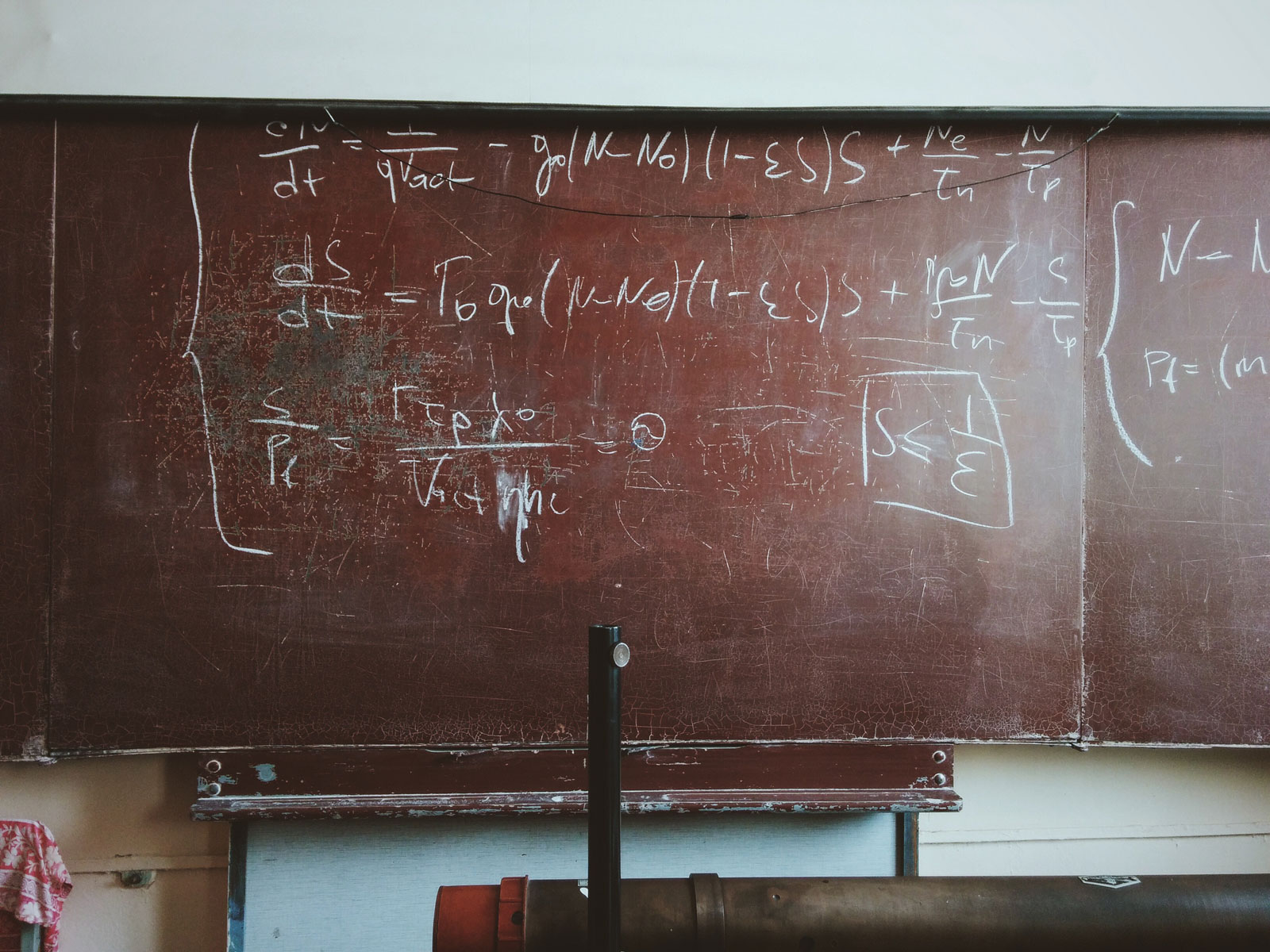RESEARCH FOCUS: SAWA REFORMS
School autonomy, accountability and evaluable learning standards have become core policy principles in an attempt to modernize public education and make education systems more effective, innovative and responsive to the challenges generated by the global economy. To date, a very wide range of countries have adopted educational reforms articulated around school autonomy with accountability policies (SAWA), whilst the most active international organizations in the education sector, such as the OECD, are strongly promoting this reform approach worldwide.
The SAWA reform movement involves a more intensive presence of external evaluations (usually under the form of standardized tests of student achievement), together with the adoption of more explicit targets and strategic planning at the school level. External evaluations allow governments to ensure that schools adhere to centrally-defined learning standards and establish accountability relationships with principals and teachers. For accountability to happen, some consequences need to derive from the results of evaluations. These consequences vary according to their material or symbolic, individual or collective nature. Examples include, but are not limited to, using national assessments to supervise more closely teachers and/or schools performance, decide on teachers’ salaries and promotion, encourage and inform school choice via the publication of test data, or intervene underperforming schools.
General questions
Countries with very different administrative traditions and levels of economic development are adopting SAWA reforms. Nonetheless, existing scholarly research on SAWA policies is inconclusive and contradictory in relation to their effects on learning outcomes, instructional practices, the governance of schools or equity in education. Currently, there is not sufficient scientific evidence about how and under what particular circumstances SAWA policies can contribute to improve education. This makes conducting innovative research on this topic highly relevant for both academic and policy purposes.
Overall, the emergence of SAWA as a global education reform model generates two broad research questions:
RESEARCH STRANDS AND OBJECTIVES
The REFORMED project analyzes how and why SAWA policies are being adopted and re-formulated by policy actors operating at different scales (from international organizations to teachers), and inquires into the institutional frameworks and policy enactment processes that explain the different effects of SAWA at the school level. At the country level, the project will be developed in The Netherlands, Spain, Norway, Chile, Mexico and Brazil.
The project analyzes SAWA reforms according to two interconnected research strands:

RS1 objectives. THE GLOBALIZATION OF SAWA
Research strand 1 aims to understand how and why SAWA reforms are disseminating globally.
The specific objectives of this first strand are to:

ANALYSE

EXAMINE

STUDY

ANALYSE

FIND OUT
RS2 objectives. SAWA POLICIES ON THE GROUND
In this second research strand, the project focuses on the complex relationships between SAWA policies, contextual and institutional contingencies, policy enactment dynamics and educational outcomes. The related objectives are to:

ANALYSE

EXAMINE

EXPLORE

IDENTIFY

ANALYZE
Overall, the REFORMED project reflects on what does it mean being a school principal and teacher in the 21st century, in an era of big data, large-scale evaluations and changing managerial and performative pressures.
The results of the project will contribute to promote evidence-informed decisions on how and to what extent using certain SAWA modalities could contribute to improve the effectiveness, equity and inclusiveness of educational systems.






